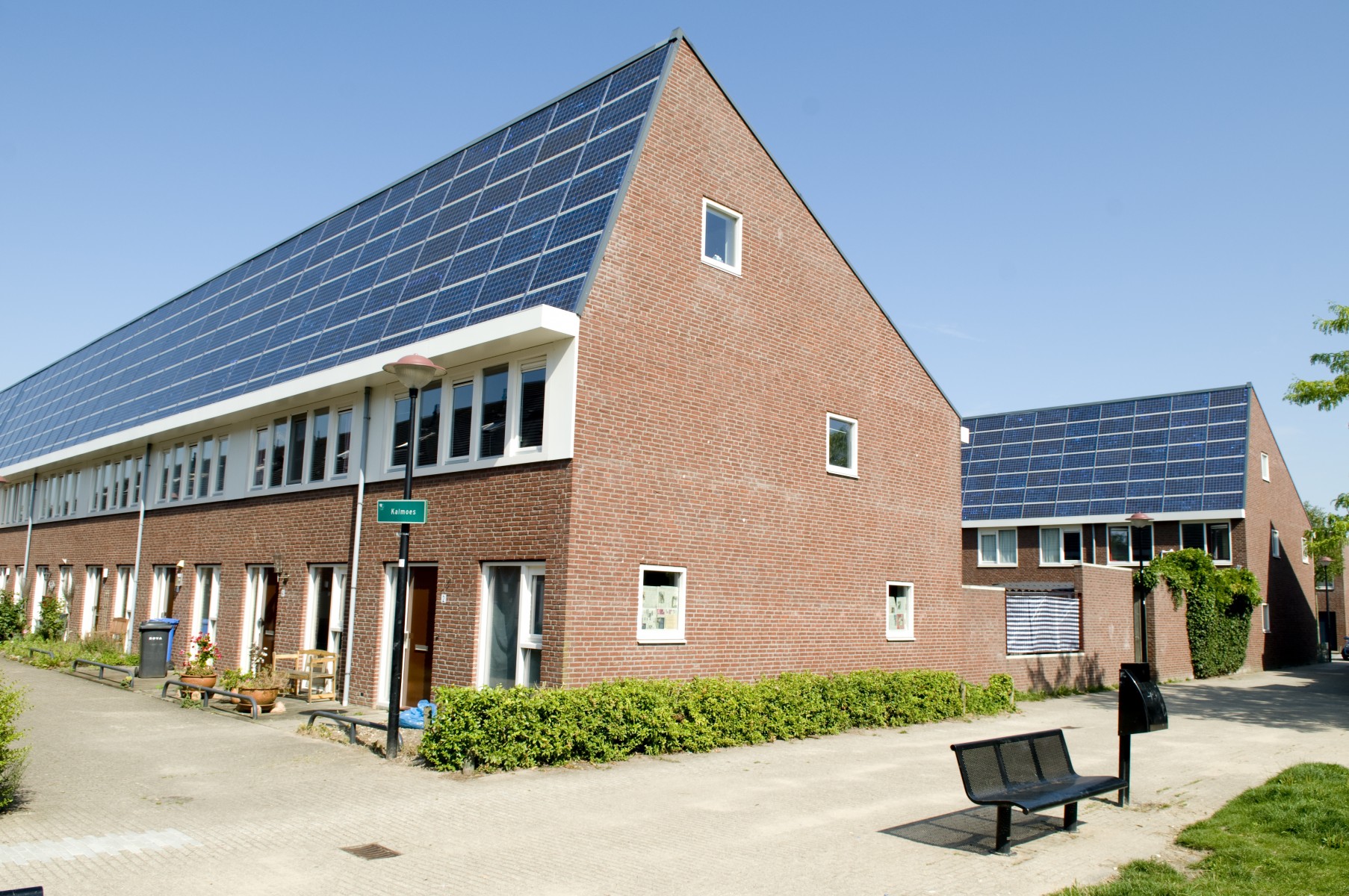Eneco will redistribute costs of fed-in energy
In recent years, the number of households with solar panels has grown rapidly. This is a good development for the energy transition. At the same time, it has also increased the costs associated with feeding energy back into the grid. Eneco no longer wants to divide these in full across all customers, but pass them on to customers with solar panels. Initially with an increase in the monthly fixed charge when customers with solar panels take out a new electricity contract. In the summer, this flat-rate increase will be replaced with a tariff customers will pay per kilowatt-hour (kWh) fed into the grid.
Eneco wants to pass on the cost of energy feed-in to customers in a clear and fair way with a fixed rate per kWh of electricity fed in. This way, the customer only pays for the electricity actually fed in. Eneco is expected to be able to introduce this in phases in early summer for all customers taking out a new electricity contract and existing customers with variable contracts. Eneco plans to pass on the feed-in costs as long as the netting arrangement is in place.
Until the introduction of the tariff per kWh fed into the grid, customers with solar panels who take out a new electricity contract with Eneco will pay € 6,- more in fixed charges per month. In addition, from now on they will receive a feed-in payment of 5 cents per kWh for the net electricity they feed in.
Adjusting our energy consumption
With the greening of our energy system, it is important to look at our energy consumption differently. Consumption of electricity at times when renewable energy is plentiful is becoming increasingly important. When this is not possible, an energy supplier faces additional costs. These arise partly because customers with solar panels feed electricity into the grid in the summer at times when power is cheap on the wholesale market and can set this off against power consumption in the winter when it is more expensive.
Despite the extra costs that will now arise for households with solar panels, it still remains interesting to invest in solar panels and contribute to the energy transition. The payback period is relatively short compared to the lifetime of the panels. Furthermore, you can reduce feed-in costs by using as much of the generated electricity as possible directly.

